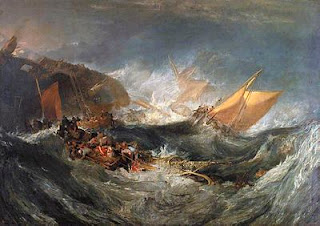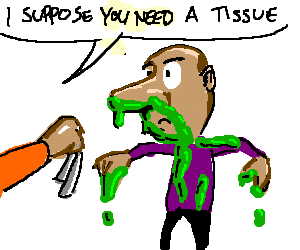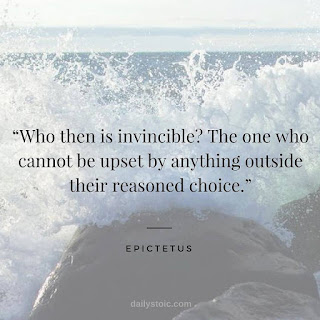"He is free who lives as he wishes to live; who is neither subject to compulsion nor to hindrance, nor to force; whose movements to action are not impeded, whose desires attain their purpose, and who does not fall into that which he would avoid. Who, then, chooses to live in error? No man. Who chooses to live deceived, liable to mistake, unjust, unrestrained, discontented, mean? No man. Not one then of the bad lives as he wishes; nor is he, then, free. And who chooses to live in sorrow, fear, envy, pity, desiring and failing in his desires, attempting to avoid something and falling into it? Not one. Do we then find any of the bad free from sorrow, free from fear, who does not fall into that which he would avoid, and does not obtain that which he wishes? Not one; nor then do we find any bad man free. What, then, is that which makes a man free from hindrance and makes him his own master? For wealth does not do it, nor consulship, nor provincial government, nor royal power; but some...








